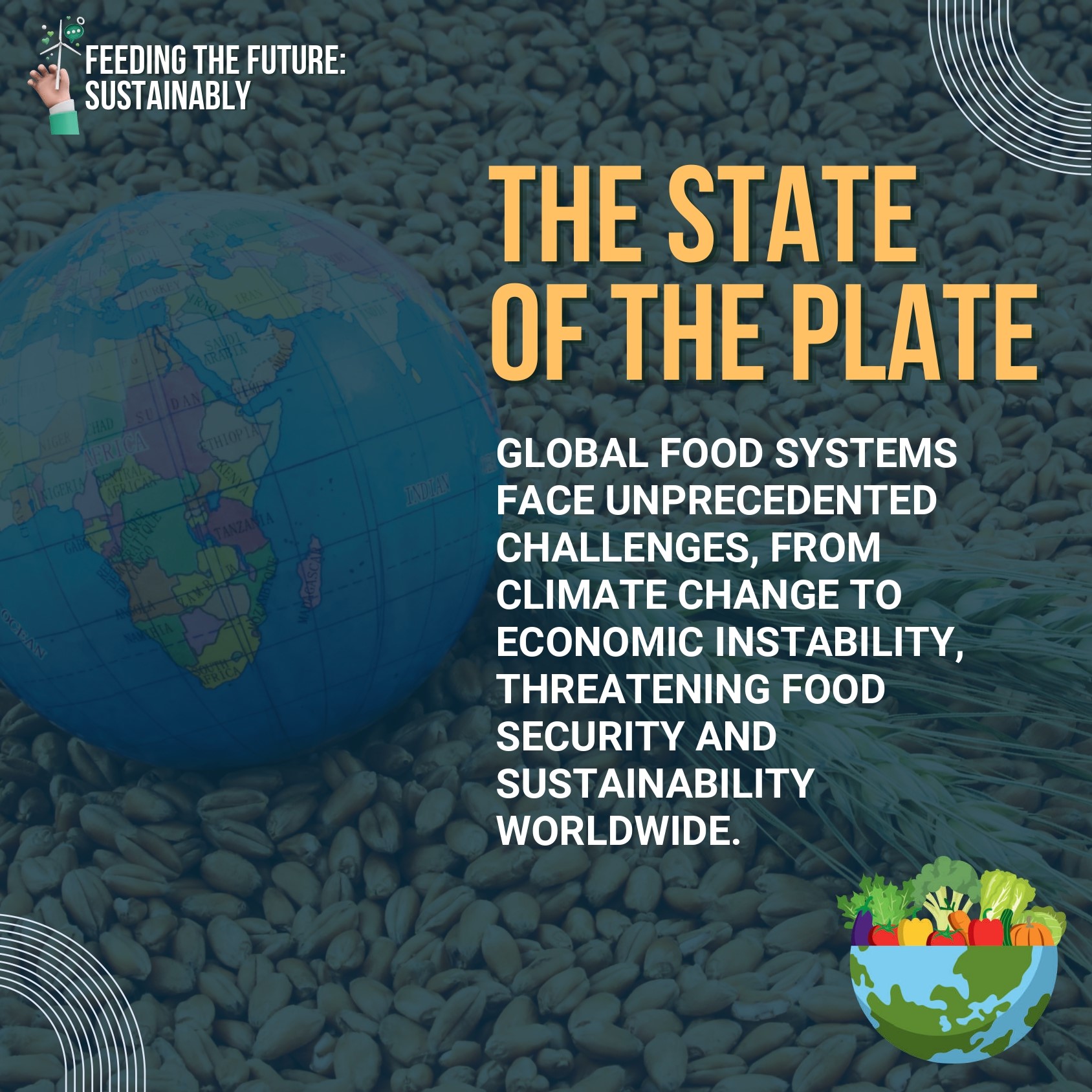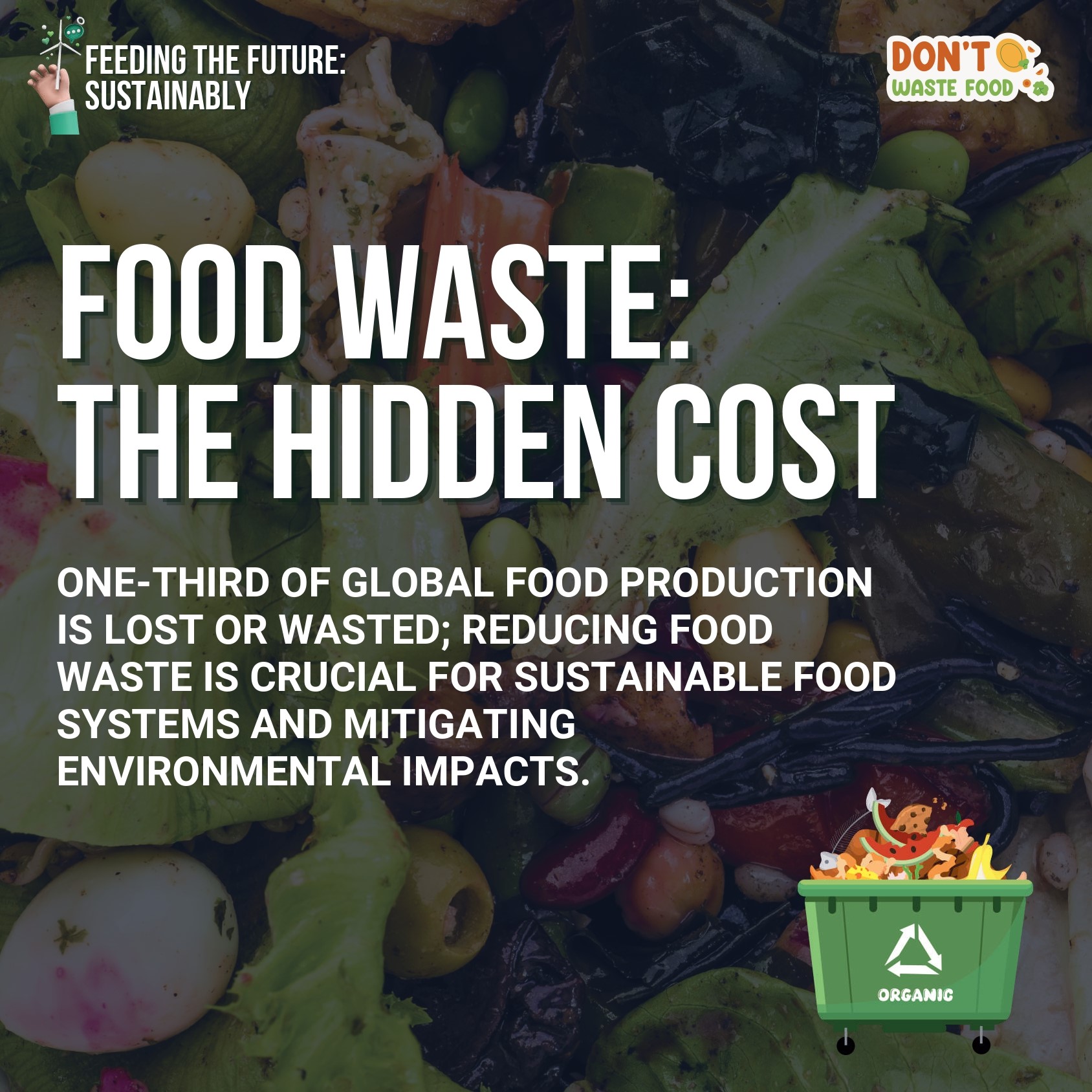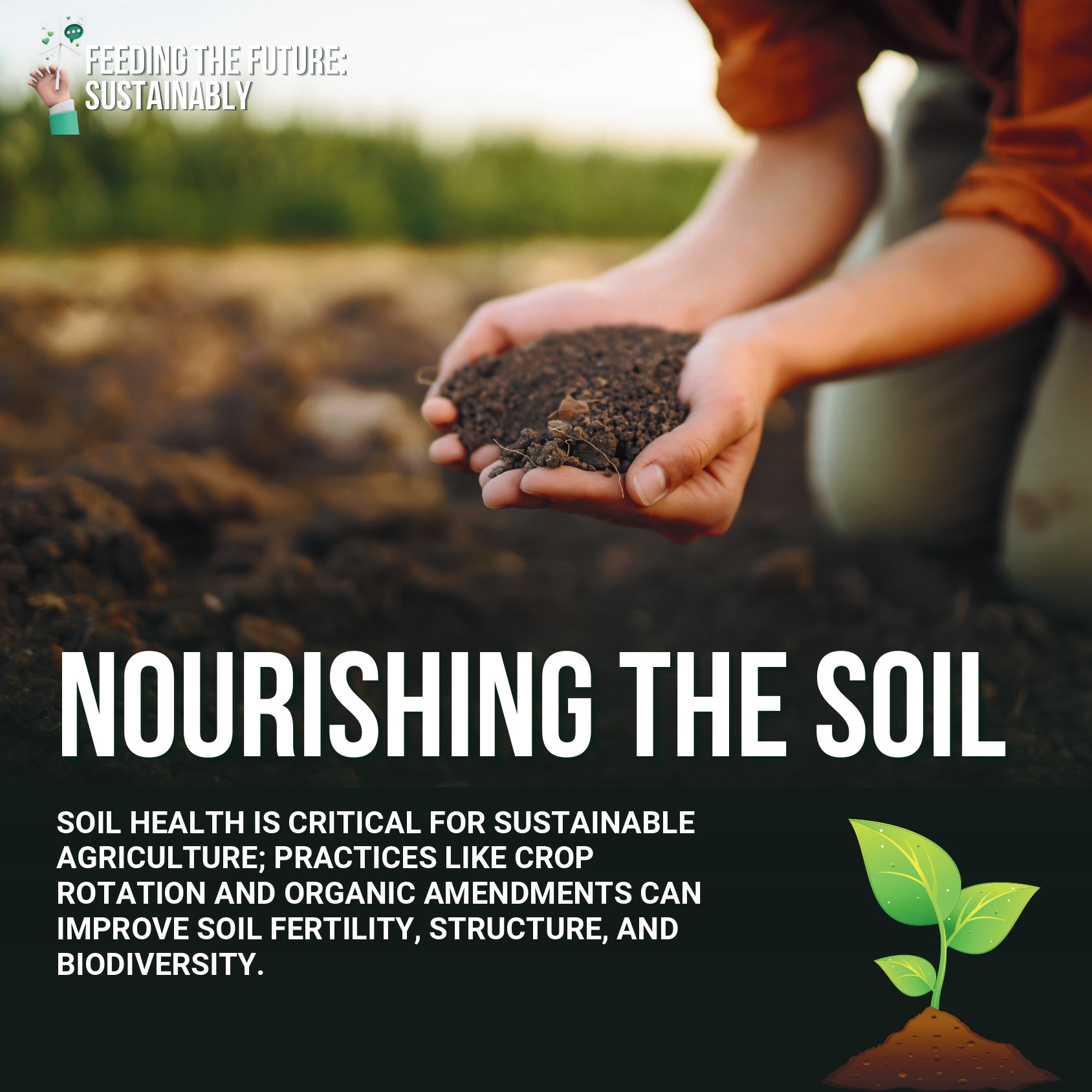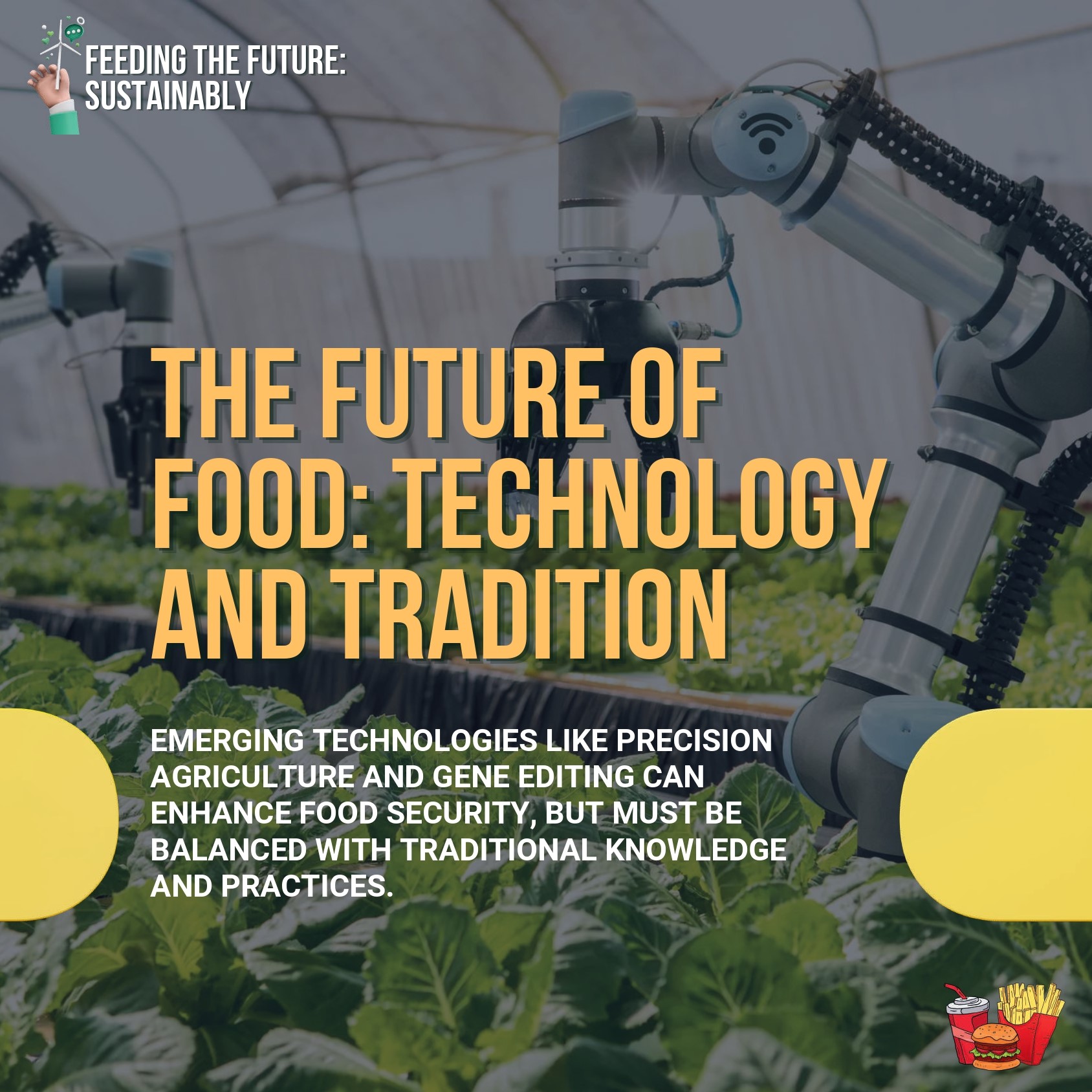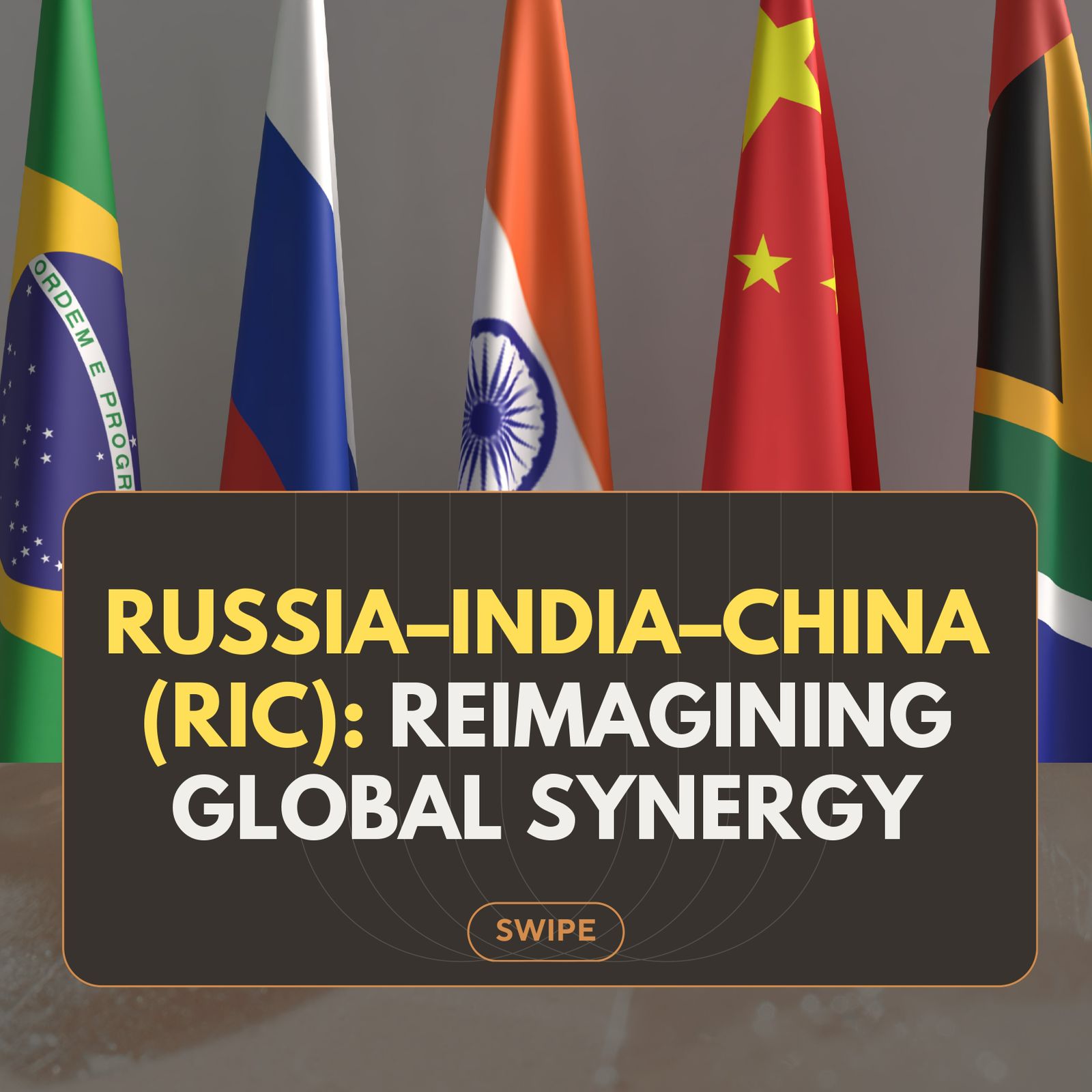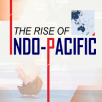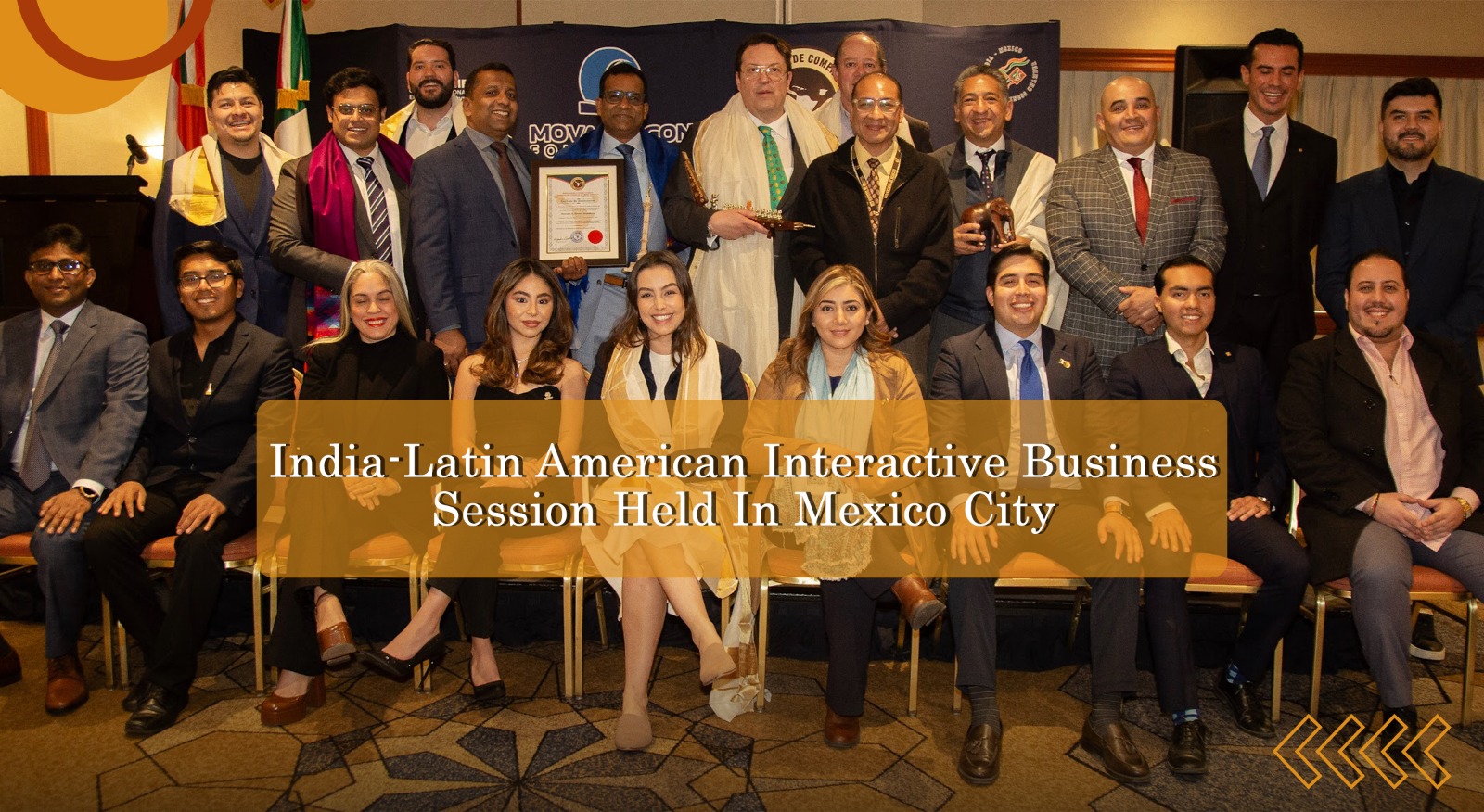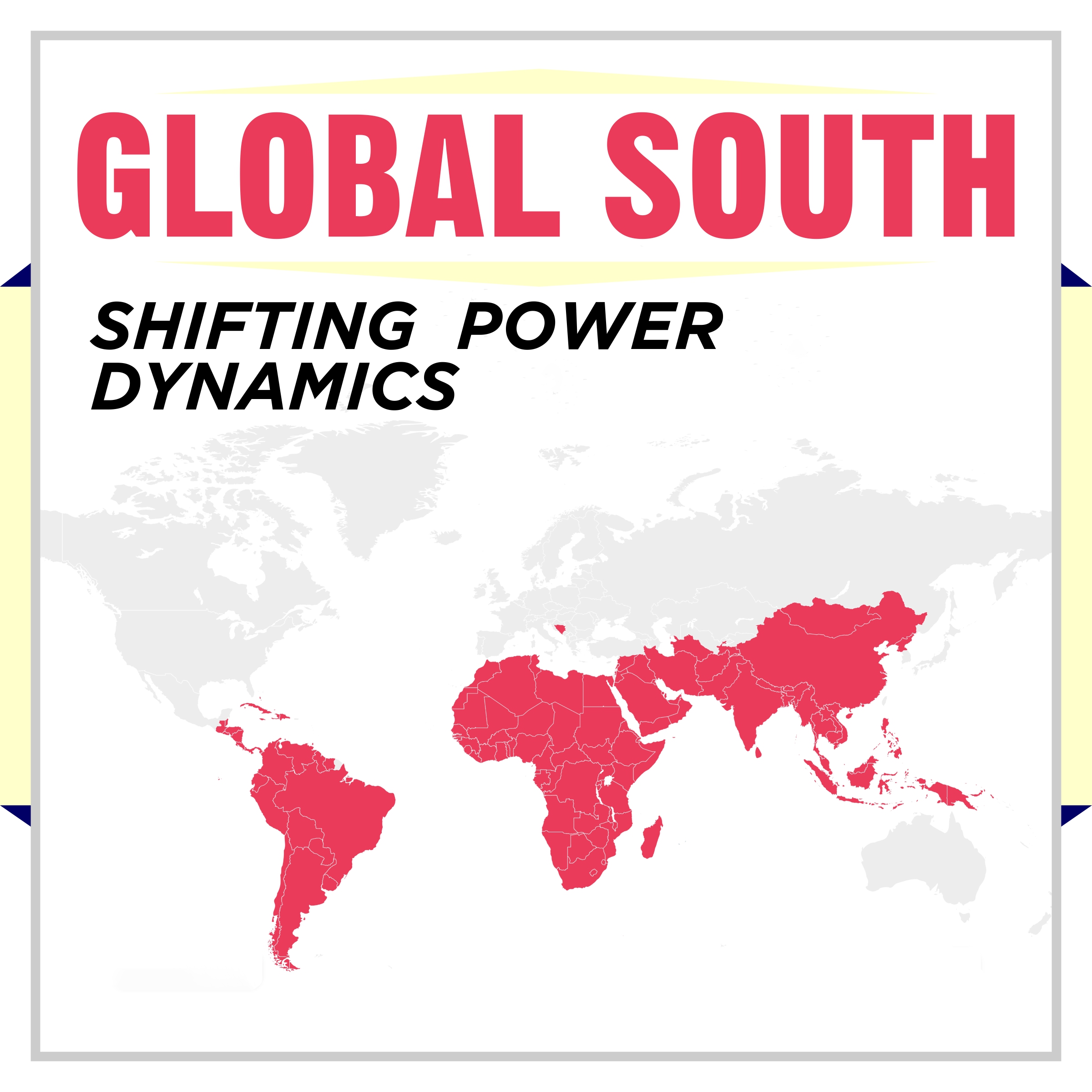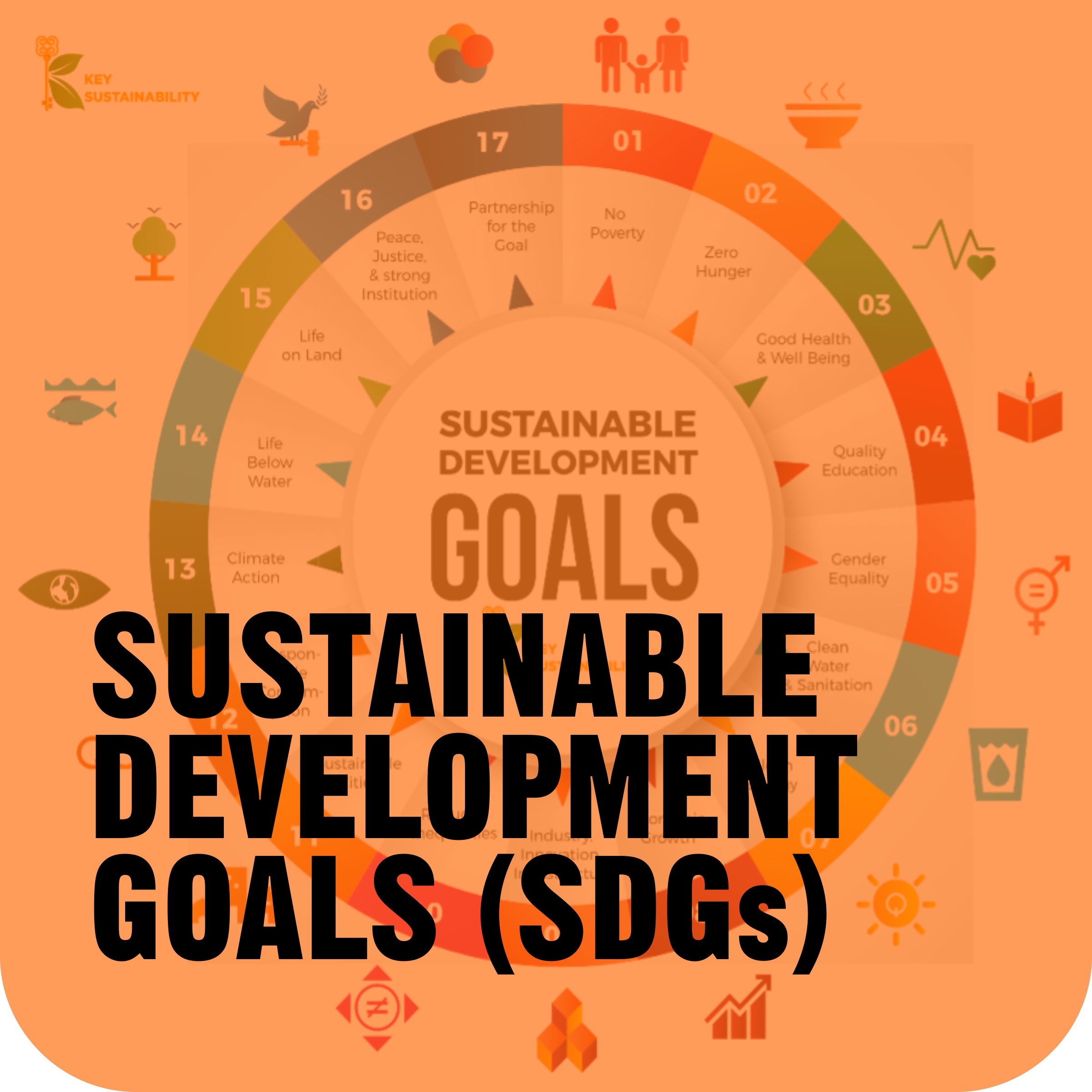Wasting food does not only mean depriving people of nourishment, it also results in wasted energy and resources that go into its production. Once discarded, food releases harmful gases like methane during biodegradation, adding another layer to the environmental crisis. What makes this even more alarming is that the same food being wasted could have been redirected to those who desperately need it.
One third is an enormous proportion when it comes to global food production. If this issue is treated with the seriousness it deserves and efforts are made at every level, it could bring a meaningful change. Tackling food waste could significantly improve the global hunger index and move us closer to addressing one of humanity’s most pressing challenges.
To tackle these issues at the agricultural level, solutions must begin with nourishing the soil and protecting its long-term health. Innovative methods are needed to prevent soil erosion, make it resilient to droughts, capable of withstanding floods, and at the same time improve crop yields so that overall food production can increase. Limiting the excessive use of artificial fertilizers is equally important, as they damage soil quality and pollute water bodies in the long run.
The fertility of soil is therefore not just essential for food security, but also for preserving biodiversity. A healthy soil system supports sustainable agriculture, safeguards the environment, and ensures that future generations will still have the means to cultivate food.
Work can also be carried forward on the scientific front alongside the agricultural front. With the emergence of new technologies, artificial intelligence, precision agriculture, and even gene editing, there is immense potential to enhance food security. However, these advances must be balanced with traditional knowledge and practices that farmers have relied on for generations.
Measures like gene editing, precision farming, and farmer education can play a significant role. Empowering the people who actually grow the crops with both modern tools and traditional wisdom ensures that technology does not replace them but rather strengthens their ability to produce more, sustainably and effectively.
Food security is not a single problem with a single solution, but a web of interconnected challenges. Wars, climate change, waste, soil degradation, and unequal access all feed into it. Yet the answer lies not only in governments and policies but also in collective human effort, from global cooperation to individual responsibility. The real question we must ask ourselves is whether humanity will choose convenience and complacency, or rise to secure the most basic right of all “The right to food.”

